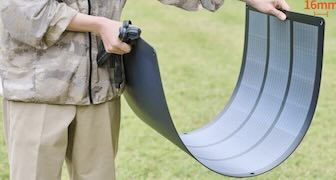Dec 15 (NHK) - A new survey in Japan shows that more than 5 percent of people who were infected with the coronavirus continued to suffer aftereffects one month after developing symptoms.
The survey was jointly conducted by Osaka University, Toyonaka City in Osaka Prefecture and a tech firm.
More than 4,000 city residents who had been infected with the virus by the end of March responded in the survey by mail and through apps.
Of them, nearly 48 percent said they still had symptoms after 10 days of self-isolation.
About 5 percent said they had some aftereffects one month after developing symptoms, and nearly 4 percent did two months after.
Symptoms most frequently observed after one month were "difficulties in daily life," hair loss and coughing.
The survey also found that people who had severe symptoms are more likely to suffer aftereffects, and those who were vaccinated tend to have fewer. ...continue reading















